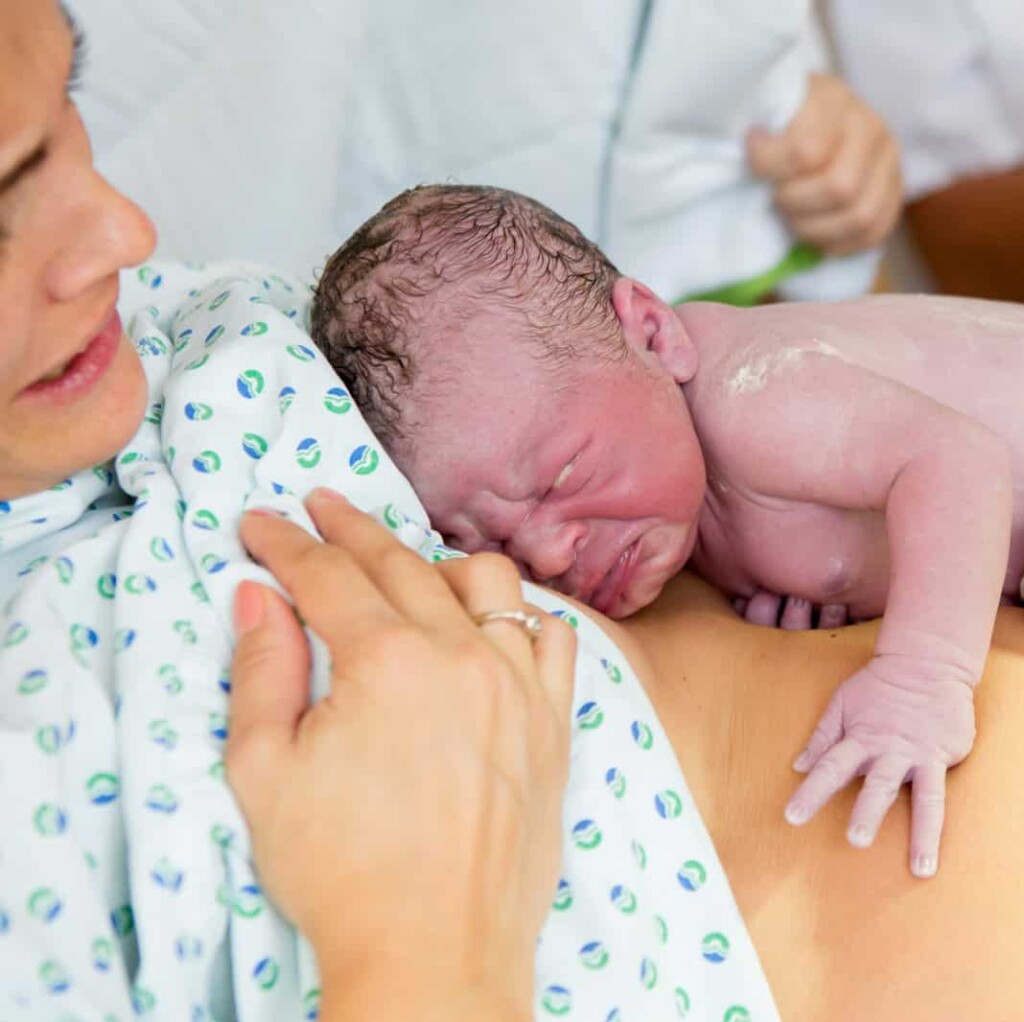
So, you’re having a baby! You’re preparing for their arrival. Ticking all that baby stuff off your list as people generously give you all the stuff they want to get rid of or found invaluable with their baby and you fill in the gaps at the big baby shops. You’ve been attending your birth prep classes and you’re feeling well-informed about your options; the different directions birth can take; and the basics of the physiological process. The labour, the ‘pushing’, the afterbirth/placenta… But what about what comes next? The actual ‘after the birth’…?
In our society, everyone around you gets very excited about supporting you during pregnancy and birth. But the truth is that after your baby is born, the focus shifts well and truly to the newborn. Your focus as well, which is just as it should be. But what about you? What about your recovery from the feat of nature that has just occurred in your body? Your transition to parenthood, be it first-time or fifth?
Postnatal recovery: physical
Pregnancy and birth bring huge changes to both your body, and your brain. Even the most straightforward of births needs time for physical recovery afterwards. You just grew a human. In your body. That is not just a little 10km walk leaving you with the odd blister and achy feet. Your muscles, ligaments and abdominal organs have all actually shifted to accommodate that human; and need time to get back towards something approaching their normal functional position.

Whether you had a vaginal birth or a caesarean, your pelvic floor has carried the additional load of your bump and you need to be kind to it while it recovers. And then there’s the postpartum bleeding, sometimes the stitches, getting your bowels back to normal: it’s all very normal and it will all pass, but it’ll pass a lot more comfortably if you’re not pushing a trolley round the supermarket or sitting/standing for hours at a family gathering within weeks of the birth.
Recovering after birth: emotional recovery

Each time you go through pregnancy and birth, your brain undergoes a process of rewiring to support the transition to a new identity. One focused on caring for this tiny human who will carry your genes down the generations. There is a period of not really knowing your identity, which can be pretty disorientating, funnily enough. What we call ‘baby brain’ is not mothers getting more stupid during and after pregnancy (sorry patriarchy), it’s a hyper focus on what every instinct tells us is the most important thing: our babies. This works brilliantly from an evolutionary perspective, but with the uniquely high-maintenance human newborn, it relies on the support of the immediate and wider community to care for the needs of the mother. And that community no longer surrounds us in the same way as it did, in Western cultures at least.
So what can you do as a family unit to support yourselves through this time? Here are some ideas.
Babymoon: after birth bonding time
This is very simply setting aside time immediately after the birth for you as parents to spend time with just your baby. Limited or no visitors, no outings: just your little family resting in the nest for a bit. This can help massively with ensuring you get enough rest in the immediate postnatal period when it’s all too easy to do too much and really feel it later.

It’s also a critical time for bonding. Bonding with your baby isn’t something that always happens immediately: it can take days, weeks or even months in some cases. Your baby is primed to attach to you and being physically close aids that. Touch releases oxytocin, the hormone which facilitates bonding, so it can help you to bond too if you’ve had a shaky start. And don’t underestimate the importance of those memories of cuddles and slowly getting to know each other, even if bonding takes longer.
The very early days are really important if you’re establishing breastfeeding, so paring back your priorities to keeping yourselves all warm and fed can be helpful. With a first baby, EVERYTHING is new, however you’re feeding. Removing the pressure of dealing with nappy changes in a public changing area or settling a crying baby with all your family visiting can make the transition easier to cope with.
Of course, we’re all different, and some people can’t wait to get out and show off their new baby. There’s nothing wrong with that, as long as you do remember that you’ve just had a baby!
A postnatal doula
In many cultures around the world, community care is a normal part of the postnatal period. Whether from specific figures within a community or just from the combined efforts of friends and family. As nearby as the Netherlands, women have at-home support from a maternity nurse for the first week or so after the birth. In the UK you’ll have a few postnatal appointments with a midwife but no specific physical or practical support with your recovery available on the NHS.
But you can access that sort of support from a postnatal doula. Postnatal doulas provide information, practical and emotional support to new families. From breastfeeding support and postnatal mental health, to food and washing up, they can offer support with whatever will make your life easier. Newly qualified postnatal doulas charge a similar hourly rate to your local cleaning firms, and an experienced doula, while charging a bit more, can be worth their weight in gold in those early days.
Build-a-postnatal-doula
But what if you really can’t stretch to that help? Build your own doula! Think through your potential practical, informational and emotional needs that might arise with a new baby. Who can help with those?
Practical support after birth
Would your mum come and hold the baby while you shower? Would your father-in-law come and tackle the washing-up? If you’re planning ahead, can you fill your freezer with meals so that food is sorted? If you can’t get any practical help, now is the time to take advantage of every time-saving cheat that exists without feeling guilty about it. Buy the pre-chopped veg and the ready meals. Find all your takeaway menus. Run the tumble dryer or heated airer for the baby clothes when you need to. Use loo roll to give the sink a quick wipe down and just flush it after. Invest in a can of dry shampoo. It’s not forever and you can get back to your normal routines when you have a less tiny human and a less tired mind and body to care for.
Information for the postnatal period
Where can you get support when you need reliable information? Breastfeeding groups, the local health visiting team, trusted websites (Basis and Unicef are always good places to start). Do some research in advance about what runs when in your area, so that if you need help in the early days you can access it quickly.

After birth emotional needs
Who can you lean on? If you’re parenting with a partner, they are the obvious answer, but you will both be tired and facing the same stresses. To support each other you’re going to need others to turn to as well. If you’ve done an antenatal course you might have met some parents at a similar stage to you. Also, if this is not your first baby, you’ll know which of your ‘parent friends’ can be relied upon to hear your exhausted troubles without immediately countering them with unhelpful solutions. Don’t forget, when you are struggling, your health visiting team can be a great source of ongoing support.
Your self-build-doula might not be neatly packaged up in one person, but if you think laterally you can probably identify most of the important aspects to make your postnatal life easier.
Priorities
This time is magical and challenging in equal measure. Don’t be afraid to put your little family and its needs front and centre for a little while. It will make a world of difference to how you look back on those early days.
About the author

Charlotte is a BabyCalm consultant with CalmFamily in addition to being a sling consultant, postnatal doula and mother of two wild daughters. She found the postnatal period incredible and incredibly difficult, and is passionate about supporting families in this unique time.
You can find Charlotte down in Surrey and on Facebook at Charlotte Filcek Post Natal Support and East Surrey Slings



Responses